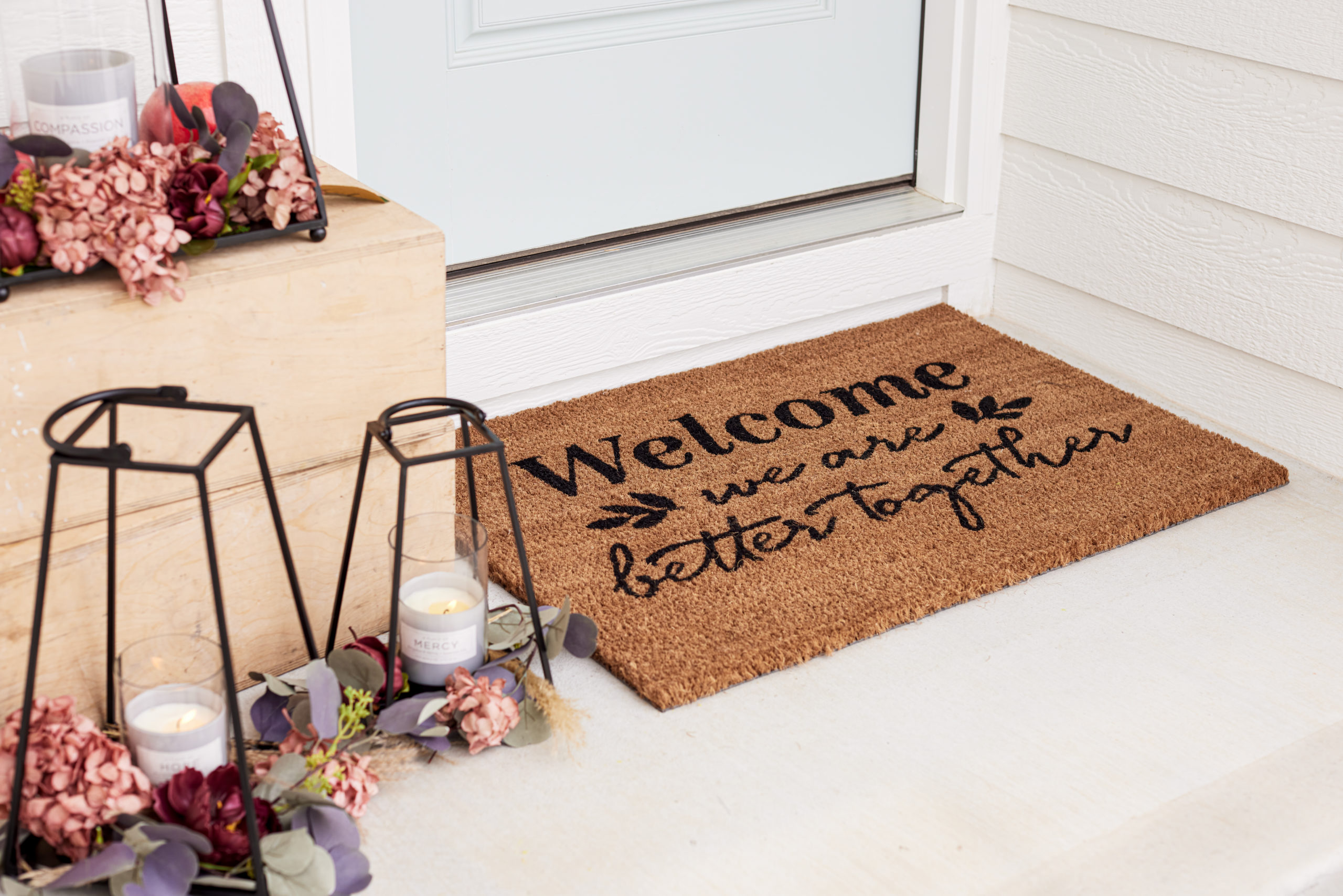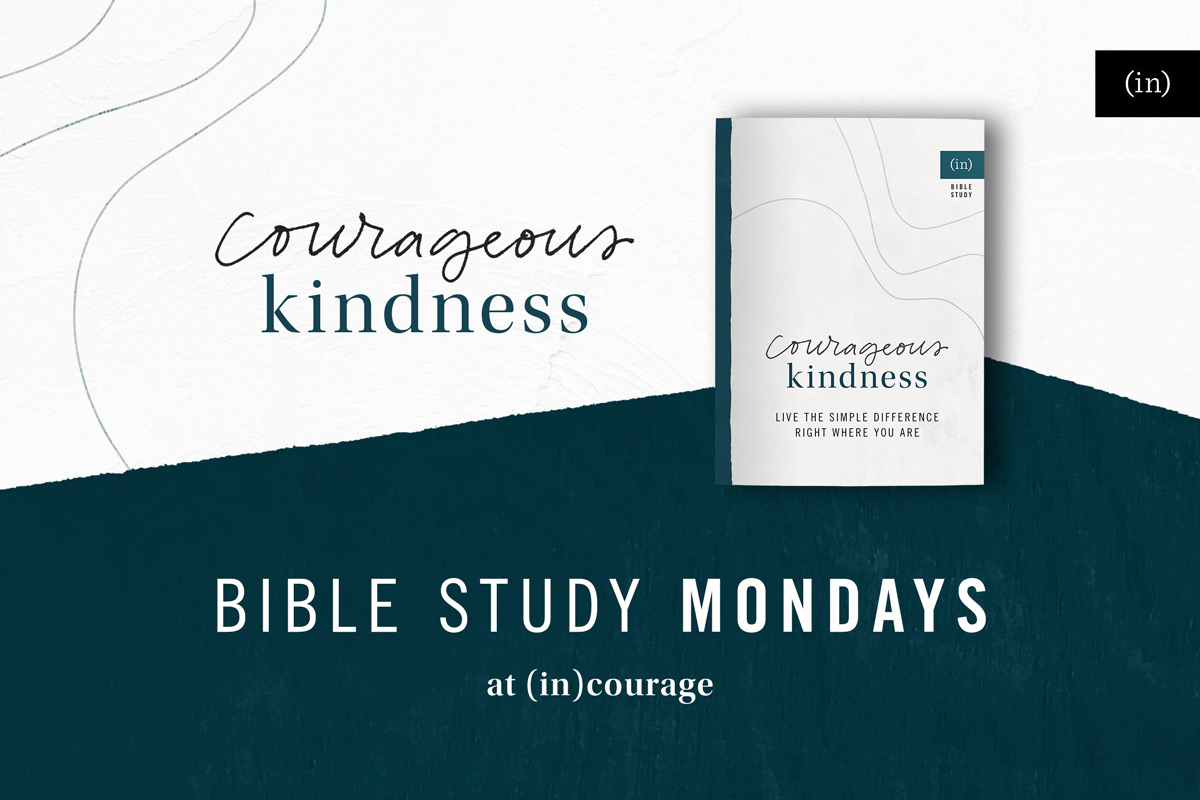“I just can’t even get mad anymore.” I was telling a friend about something I’d seen, and while normally it would have made me furious, this time I just felt sad.
Earlier that evening, I’d found myself sitting in an auditorium in shock. Eyes wide and heart pounding, my head swiveled back and forth, searching the dark room for someone else — anyone else — who’d noticed what was happening in front of us. I didn’t find anyone. Later, when I asked the friends I’d been sitting with if they thought perhaps what had happened was wrong or, at the very least, in bad taste, they shrugged and changed the subject. And my heart ached, heavy with grief.
I was confused. Why did the events of that evening make me feel like crying myself to sleep instead of waving my arms in protest and rage?
I’d seen something blatantly racist take place that night, the kind of thing that, while it did not hurt anyone physically, was absolutely offensive and harmful. Our words and actions have that power, and this was an instance where that power had been misused. When nobody around me seemed to notice or care, I was disappointed. And I was sad that it had happened in the first place, sad that it was so easily accepted by those around me. But unlike every other time I’d read or heard about racial injustice or on the occasions I’d witnessed it firsthand, I didn’t feel angry.
I’m an Enneagram One, which I’ve learned means that anger is the emotion that motivates me most. I wouldn’t call myself an angry person, but I’m well-acquainted with anger all the same. So as I talked with my friend about what had happened, I was surprised and a little confused to realize I just could not stay mad. After all, if I’m allowed to have a favorite anger, righteous anger is absolutely it. Yet, when I told my friend I only felt weary and not angry, I knew it was true.
As I described my feelings, I felt disoriented and ashamed. Why wasn’t I mad this time? How many times had I liked and shared memes that said, “If you’re not angry, you’re not paying attention”? Yes!, I’d cried, nodding my head and cheering. We need to get mad and be mad and stay mad! Being mad is the only way things will finally change! This revolutionary spirit is one I’ve always had, and it’s felt comfortable in recent years as our world has grappled with so many issues and so much desire for change.
But while my anger has come from a holy place, burning with indignation when God’s children are mistreated and harmed, I’m beginning to realize that anger was just the first layer and perhaps even a symptom of what was going on below the surface. As my rage has given way to grief, I’m starting to understand that sadness is really at the root of my reactions. What happened that night was not an isolated incident. It felt like, Here we go again and Guess we haven’t learned after all, and I suppose that’s where my emotional exhaustion came from. While racial injustice makes me so mad, I’m even more sad that this kind of thing happened and that it happens so often.
Jesus flipped tables, but He also wept with a mix of emotions (John 11:33-35). Feeling sad isn’t less righteous or valuable than feeling mad. Every emotion we have was created by God and can be used by Him — and healed by Him too. For example, because my mind wasn’t clouded with righteous rage that night, I was able to calmly write a letter expressing my concerns about what had happened. That letter led to an open, productive conversation that, I hope, will influence what happens in the future. And when I did go to sleep that night, I didn’t cry anymore but felt peace that God had been with me and was with those who may have been hurt by the evening’s incident.
How about you? Are you sad today? Weary or worried? Perhaps so angry you can’t think straight or maybe frozen with fear? Are you cautiously hopeful or overflowing with joy? Or, like many of us on many days, are you some combination of these or any other emotions?
Friend, you are not alone. God is with the brokenhearted (Psalm 34:18), and He’s with the angry, the worried, the scared, the joyful, the hopeful, and the anxious.
Feelings are fickle, complicated, and constantly changing, but God is faithful. He will meet you wherever you are and however you feel. He will work in you, healing your heart and soul, and He’ll work through you using those very emotions swirling around your heart and mind. When we love the Lord our God with all our heart and soul and mind, He doesn’t ignore that heart or soul or mind just because what’s going on inside is conflicting or confusing. And He doesn’t leave us alone to figure it out or deal with our emotions alone.
Our heavenly Father is here, waiting to take that burden from us, heal our weary hearts, and show us how to use all our feelings as fuel for loving Him and loving others.






